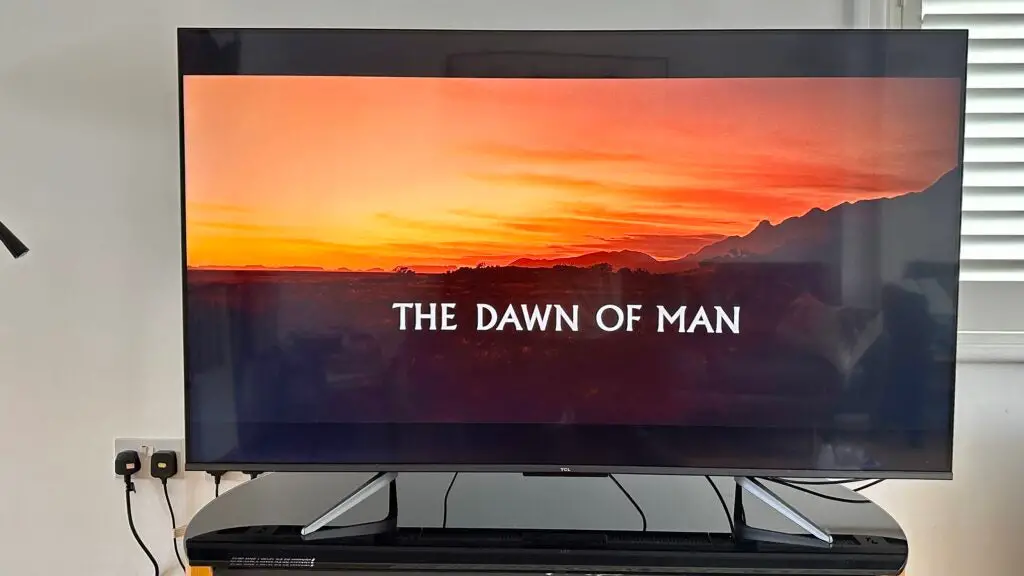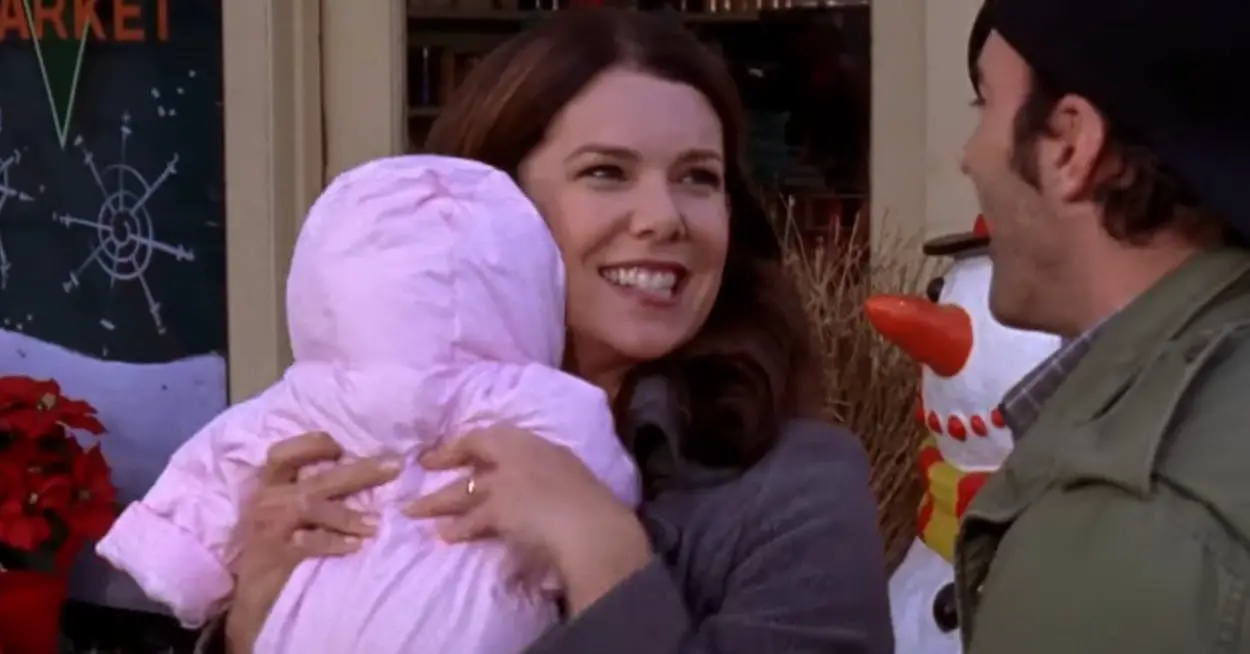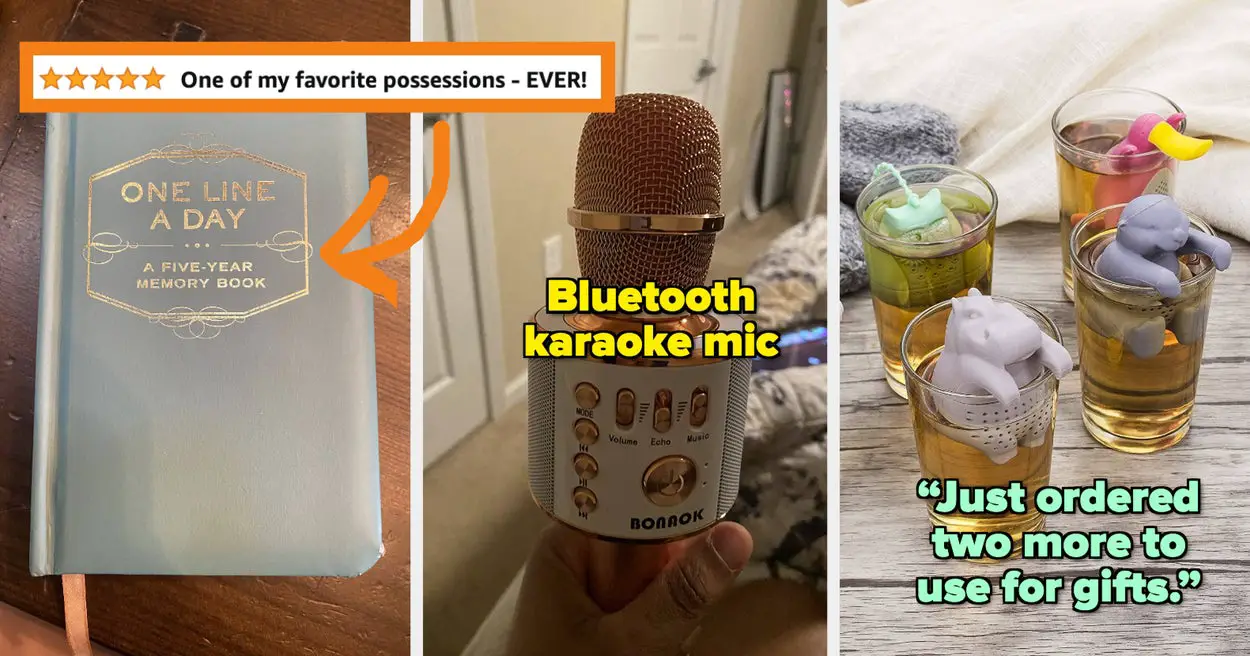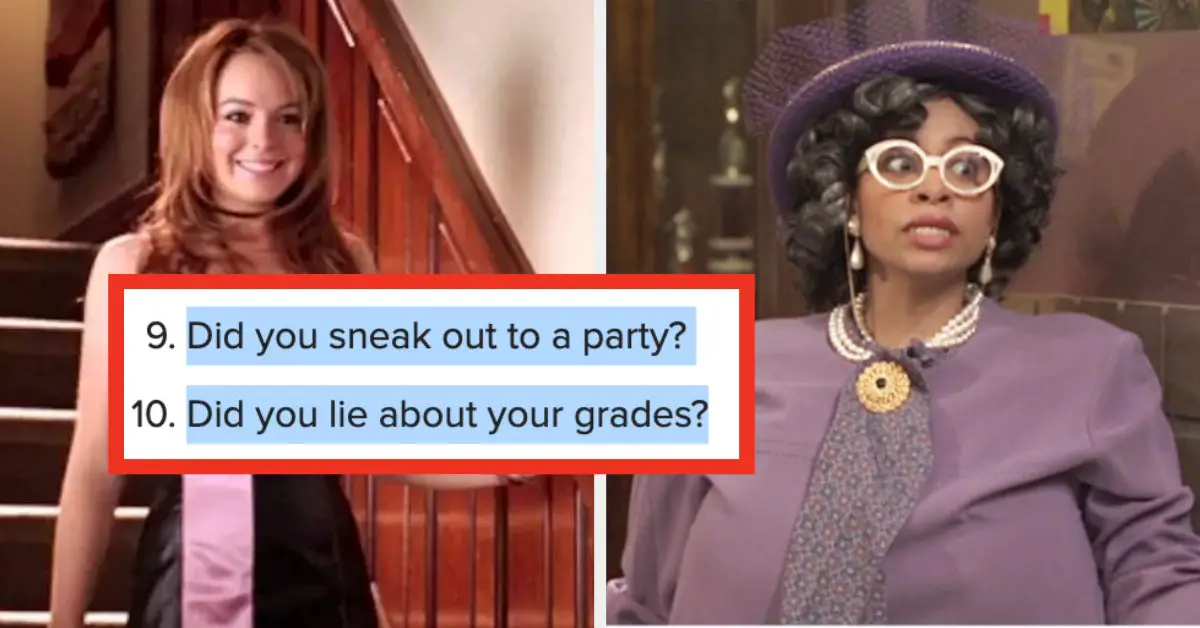from the going-to-have-to-find-another-way-to-be-bad-cops dept
For years, Kansas Highway Patrol troopers have stopped motorists on interstate highways. That’s the job. But the job became much more interesting when neighboring states legalized marijuana. Colorado led the way, with others following, but Colorado’s actions have had the most impact on the KHP. Missouri’s more recent legalization has only compounded the problem facing drivers on Kansas highways.
Thanks to the fact that there’s legal weed right over the border, KHP troopers are assuming anyone with out of state plates is headed to enjoy legal activities (in Colorado and Missouri) that are still illegal in Kansas. Opportunism is the name of the game. And that game means KHP troopers routinely violate rights, not to mention ignore Supreme Court precedent.
The most relevant case is the Rodriguez decision. That decision said that once the objective of the traffic stop has been completed (warning or citation issued), any law enforcement effort to extend the stop violates the Fourth Amendment.
Well, the KHP simply does not care. Troopers never inform drivers they’re free to go once they’ve been cited. Instead, every traffic stop is pretextual, especially when it involves someone with out of state plates. The “two step” is this: the citation is delivered, the trooper makes a vague statement like “have a good day,” and then the second step kicks in. This step involves the officer peppering drivers with a bunch of questions, even though the objective of the stop has been completed.
It’s the old “oh, more thing” popularized by a TV detective Lt. Columbo, a (fictional) homicide investigator working for the Los Angeles Police Department. Instead of allowing the no-longer-detained person to move on, the questioning starts in earnest, with KHP troopers hoping to find any excuse to search the vehicle and (perhaps) walk off with any cash these out-of-state drivers might have on them.
A law enforcement activity doesn’t get a catchy nickname unless it’s pervasive. And the “Kansas two-step” is not only pervasive, it’s becoming known nationwide despite being a local phenomenon.
Multiple lawsuits have been filed against the KHP for rights violations stemming from “Kansas two-step” pretextual stops. One of these has finally resulted in a federal judge calling out the KHP for its continual violation of drivers’ rights with this obviously illegal tactic.
A tactic known as the “Kansas Two-Step” that’s been used by the state Highway Patrol for years to detain out-of-state motorists long enough to find a reason to search their vehicles for illegal drugs violates motorists’ constitutional right against unreasonable searches, a federal judge declared Friday.
Senior U.S. District Judge Kathryn Vratil also notified the patrol that she is ready to impose changes in its policing practices and appoint a special master to audit its work for at least four years.
The changes would include a requirement that troopers specifically inform motorists they stop that they have the right to reject a search or to revoke consent for one at any time — when under the “Two-Step,” patrol officers avoid telling motorists they are free to go.
Unfortunately, ABC affiliate KAKE couldn’t be bothered to actually post the decision, which won’t dissuade anyone that it’s not a lie. But little ol’ Techdirt will hook you up with the ruling [PDF], so you can read the absolutely scathing decision handed down by this federal judge.
You know things aren’t going to go well for the government when a decision opens like this:
To date, 23 states and the District of Columbia have legalized recreational marijuana.To the west, Colorado legalized recreational marijuana in 2014. To the east, Missouri legalized recreational marijuana in 2022. Meanwhile, in the name of drug interdiction, the Kansas Highway Patrol (“KHP”) has waged war on motorists—especially out-of-state residents traveling between Colorado and Missouri on federal highway I-70 in Kansas. As wars go, this one is relatively easy; it’s simple and cheap, and for motorists, it’s not a fair fight. The war is basically a question of numbers: stop enough cars and you’re bound to discover drugs. And what’s the harm if a few constitutional rights are trampled along the way?
So, at this point, I’ll be quoting heavily from the decision because it is just that good. What the KHP has done for years isn’t acceptable, and Judge Vratil isn’t shy about pointing this out. The first thing the judge deals with is the tricky concept of “consent.” Is consent obtained by leveraging drivers’ ignorance actually consent? That seems unlikely, but that’s exactly what the KHP does.
So how do troopers elicit consent? Sometimes—actually, in a surprising number of cases—the troopers need only ask. Most drivers do not know that they have a right to deny consent, and troopers are more than happy to exploit their lack of knowledge of their legal rights. Even
though the law requires that consent be knowing, intelligent and voluntary, troopers don’t generally let such niceties stand in their way. For drivers who are not initially forthcoming with consent, troopers are trained to conclude the traffic stop, somehow signal that the driver is free to go, then immediately re-engage the driver in friendly, casual conversation to keep the driver at the scene and enable the trooper to develop reasonable suspicion or take another stab at getting consent—a maneuver colloquially known as the “Kansas Two-Step.” If the driver persists in refusing to consent, the trooper has a fallback position: search the vehicle anyway and claim that he had reasonable suspicion all along.
And how “reasonable” is this “suspicion?” Not very. KHP troopers are trained to treat anyone travelling on interstate highways as “suspicious” because these highways are supposedly “drug corridors.” The fact that a driver is travelling to states on either side of Kansas is all the “suspicion” troopers feel they need because both bordering states have legalized marijuana while Kansas has not.
That’s not “reasonable suspicion,” says the judge. And the KHP’s own stats bear that out. If it’s “reasonable” to assume drivers travelling east-to-west or west-to-east are just drug traffickers traversing a “drug corridor,” you’d think the KHP would find way more drugs than it actually does.
The KHP has presented no evidence that its war on motorists is necessary for effective enforcement of drug laws, or even that such law enforcement tactics are effective: the record evidence is scarce, but it indicates that from 2016 to 2021, the KHP conducted between 124,387 and 211,531 traffic stops per year, and only recovered contraband in 0.16 per cent to 0.28 per cent of them. Further, the KHP presented no evidence on the volume of innocent people who have been subjected to pretextual traffic stops or unlawful searches, or the percentage of traffic stops that were too pretextual to warrant a traffic warning, let alone a traffic citation.
And it’s not just the “drug corridor” where drugs are in apparent short supply. The KHP also makes this assertion in support of its rights violations:
[A]ccording to KHP troopers, all major cities are also drug sources
While it’s true people can buy drugs in major cities, most people do not travel to major cities for the sole reason of purchasing illegal (or, in the case of Colorado and Missouri, legal) drugs.
All of this leads to the judge imposing restrictions on KHP traffic stops, beginning with this paragraph:
[T]he KHP has not satisfied its burden of proving that its policies and practices satisfy the Fourth Amendment; troopers unlawfully detain motorists based on factors which do not satisfy the low bar of reasonable suspicion, and the KHP has not shown that such motorists give constitutionally valid consent to the prolonged periods of detention which they confront. Such policies and practices must be condemned as unlawful. Furthermore, because traditional legal remedies are inadequate to ensure the KHP’s compliance with its constitutional obligations, declaratory and injunctive relief must be awarded to plaintiffs.
Before getting to the sanctions, the judge also says other interesting things, like questioning the supposed talent of the KHP’s drug dogs, which troopers appear to believe are “probable cause on four legs.“
The record contains no evidence about the training, accuracy or track record of any canine involved in this case, or whether that training complied with established industry standards of dog training and utilization. Only two canine handlers testified, and their testimony on this issue was cursory. Trooper Justin Rohr, who handled the Erich/Maloney sniff, testified generically that the KHP has weekly training and certification requirements for canines, and conducts “several tests … to ensure that the dog is indicating or alerting to only drug odor … within the search area.” He added that his dog (Nico) was certified and had passed that sort of testing.
Trooper Chandler Rule, who handled the Dunn sniff, testified that the KHP has a ten-week dog training program, and that canine handlers train every week for at least eight hours. He had no estimate of how often his dog (Cain) had alerted to a drug odor but the ensuing search revealed no contraband. The record contains no further evidence on how any of the KHP canines were trained or certified, or on their actual performance records. A dog’s “alert” or “indication” only establishes probable cause if the dog is reliable, and since troopers discovered no contraband in any canine sniff in this case, the reliability of these particular canines is open to question.
Another problem: Rule testified that an “alert” is untrained behavior that a dog elicits when he is smelling a trained odor, but the “handler is typically the only one who would notice the alerting behavior.” In other words, an alert may not be apparent from objectively observable facts. The KHP asks the Court to rely on the ipse dixit of the handler, whose credentials and expertise are themselves unaddressed by the evidence, and cross its fingers that the handler did not cue the allegedly alerting behavior.
What’s more, the record contains little information about whether and to what extent canines alert or indicate to drug odors which are remote in time. Such information is critical in this case because all plaintiffs were driving rental cars, cars which belonged to other people or second-hand vehicles which they recently purchased. Rohr explained that canines are trained to alert on drug odors, not drugs, and according to Rohr, a dog can alert to a “very minimal” residual odor of marijuana; even where no drugs are present, the odor “could have been there at one time” (for example, “somebody could have drug odor on their hands and touch a door handle”). Therefore, when Nico reacted as he did in the Erich/Maloney sniff, it only meant that “there was drug odor present at one time.” On these facts, canine behavior contributes little to nothing in the reasonable suspicion calculus.
Given the inadequate state of the record, this opinion should not be read to suggest that canine deployment is reliable or probative under Daubert. In fact, this Court joins District Judge Clark Waddoups in suggesting that the Tenth Circuit Court of Appeals revisit its “broad
proclamations and comfort in canine sniffs and their certifiers.”
Woof. I mean, yikes. This suggests this court doesn’t consider drug dogs to be capable of reliably detecting contraband. The testimony of the troopers doesn’t help, especially when they assert the drug dogs detect drugs reliably, even though traffic stop data shows dogs “alerted” to contraband that somehow wasn’t present when troopers searched vehicles. (“Under Daubert” means the judge doesn’t believe these dogs’ magical powers to detect contraband is supported by any actual science.)
More on this is in another footnote, which again references the Daubert standard, suggesting this court is going to consider drug dogs junk science in future cases.
The dashcam video from Rohr’s patrol vehicle does not show a visible alert, but Rohr testified that the canine started sniffing more intensely and “bracketing,” i.e., changing the location of his head or nose from wider to narrower. Rohr also testified that after alerting, the canine “indicated” by freezing at the back of the vehicle. The dashcam video does not show visible alerting or freezing. Where videotapes do not objectively and visibly confirm their testimony, the Court generally declines to afford meaningful weight to KHP trooper testimony about canine “bracketing,” “freezing,” “indicating” or “alerting” as reasonable grounds to detain a vehicle. Neither side produced evidence that these behaviors are reliable indicia of contraband under Daubert.
There’s a lot to this ruling, which runs 79 extremely good pages. I encourage all of you to read through it yourself. What I’ve heavily sampled shows a judge unwilling to let cops say cop stuff to excuse blatant rights violations. In addition to calling the troopers out for sidestepping Supreme Court precedent and the Fourth Amendment, the judge makes it clear the usual “training and expertise” along with “dog alerted” horseshit carries no weight in their court.
Not only is there harsh responses to the usual law enforcement “might makes right” hubris, there are details from the traffic stops endured by those suing the KHP — pretextual stops that not only resulted in violated rights but the internal destruction of an RV driven by one of those targeted by opportunistic troopers who still failed to find the contraband they swore that they were “reasonably suspicious” existed.
And this is how these stops began. One was initiated after an unmarked car driven by a trooper who basically ran the driver onto the shoulder and then pulled him over for crossing the fog line:
Here, Erich did not commit a traffic violation, and [Trooper] Rohr did not have an objectively reasonable belief that he had done so. First, Kansas law requires a driver to stay “as nearly as practicable within a single lane.” K.S.A. § 8-1522(a) (emphasis added). Under these circumstances, with Rohr driving so closely behind and to the left of the RV, it was not practicable or reasonable for Erich to stay in the right lane. By moving to the side of the road, Erich attempted to put a safe distance between himself and Rohr’s vehicle, which he did not know was a KHP patrol vehicle, and which was dangerously close to him. […]
The stop was pretextual from its inception: [Trooper] Rohr followed an RV with Colorado tags in hopes of provoking a traffic violation, and his conduct caused the very traffic violation that he was hoping for.
The dry recounting of another bullshit stop:
One of the first questions [Trooper] McMillan asked Bosire was whether he was traveling from Colorado. McMillan clearly believed that Bosire was trafficking drugs from Colorado.
Based on an absurd and tenuous combination of various factors—namely, the odor of marijuana inside the gas station, the presence of another rental vehicle at the gas station and Bosire’s interactions with a third party at the gas pump—McMillan concluded that Bosire was a drug trafficker. These factors, taken in context, did not give McMillan reasonable suspicion to extend Bosire’s traffic stop for a canine sniff.
And the third stop:
[Trooper] McCord lacked reasonable suspicion to detain Kelly for a canine sniff. Like McMillan’s detention of Bosire, McCord based his reasonable suspicion that Kelly had contraband in his vehicle on an absurd and tenuous combination of factors. The majority of these factors having California license plates, driving on I-70, driving a rental vehicle, seeming nervous while interacting with law enforcement, going on a trip with one’s nephew, having fingerprints on the trunk lid, having a bag in the passenger seat and driving instead of flying—are so ordinary and benign that thousands of innocent drivers on Kansas highways every day likely share many or all of these factors.
The fourth:
[Trooper] Rule lacked reasonable suspicion to detain Dunn for a canine sniff. This thought process was based on an absurd and tenuous combination of innocent factors that were not objectively suspicious. These factors—traveling a long distance to pick up a new vehicle, traveling to and from “narcotics hubs” (i.e., any large metropolitan areas), nervousness when interacting with law enforcement, driving instead of flying during a pandemic, traveling a long distance even with possible inclement weather and taking “copious snacks” on a road trip—are so ordinary and benign that singly and in combination, they contribute only minimally, if at all, to the reasonable suspicion calculus. Even if Dunn’s travel plans were unusual, they were not unusual in a way which gave rise to a reasonable suspicion of criminal activity.
And that’s just the people who bothered to sue. No doubt hundreds of other drivers have been subjected to the same rights violations while driving through Kansas. The stats quoted above show troopers rarely, if ever, find contraband. But they keep doing this sort of thing. And that’s why the court says this “two-step” practice has to end. We’ll go back to KAKE for the summary of the court-ordered fixes:
Vratil listed nearly four pages of restrictions on the patrol’s policing that she plans to impose, giving the parties in the lawsuits until Aug. 7 to tell her in writing why she shouldn’t. Troopers would be required to get a supervisor’s approval to conduct a vehicle search, and the patrol would have to keep a log of all such requests and who approved them.
The judge, an appointee of Republican President George H.W. Bush, said she would require troopers to “affirmatively inform” motorists of their right to refuse to allow searches of their vehicles. She concluded that that troopers “are more than happy to exploit (motorists’) lack of knowledge of their legal rights” and “pressure drivers to submit to extended detentions,” so that they “do not feel free to leave.”
No doubt the KHP will appeal this decision. And even if that appeal sides with the constitution, there’s a good chance the KHP will find a way to continue violating rights, even if it means falsifying paperwork. I mean, perjury and forgery have never bothered cops before. Bad habits are the toughest thing to kill. It will actually take KHP officials being directly involved in internal reform to turn this around. For now, though, if you’ve been stopped driving in Kansas, perhaps gently suggest the troopers beat a hasty retreat if they decide ending the stop means the beginning of extended questioning.
Filed Under: 4th amendment, civil asset forfeiture, kansas, kansas highway patrol, kansas two-step, pretextual stops
Source link











Leave a Reply